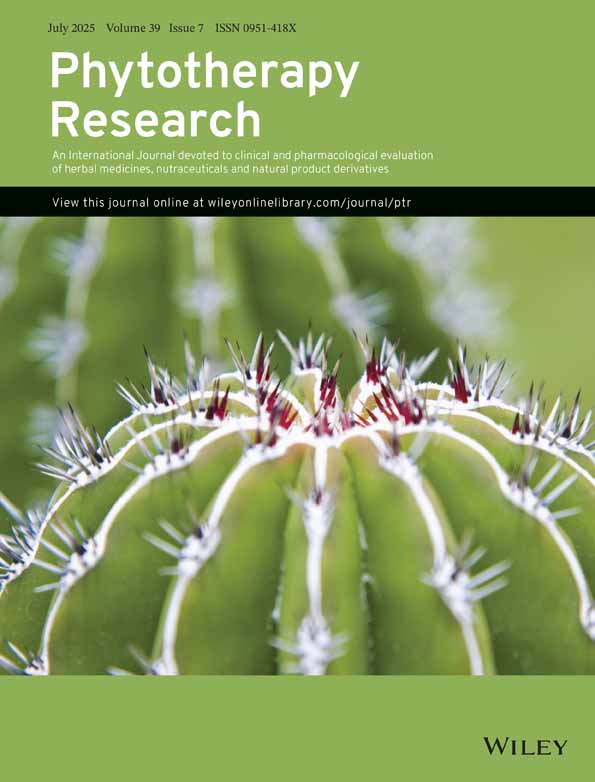Effect of curcumin on ethanol-induced stress on mononuclear cells
Abstract
Blood cells in circulation are exposed to a wide variety of stress-causing agents, causing a number of changes including interactions with other cells and the extracellular matrix of the endothelial wall. In order to understand the role of curcumin, an antioxidant principle from Curcuma longa Linn., on blood mononuclear cells from rabbits given ethanol for 30 days and ethanol with curcumin, cells were isolated and an attachment assay was carried out. The monocytes from ethanol-treated rabbits showed a lesser attachment to collagen, the major component of the vessel wall subendothelium, and those from curcumin treated animals along with ethanol showed a higher affinity to collagen, causing an alteration in the attachment of monocyte to collagen due to ethanol-induced stress. Copyright © 2002 John Wiley & Sons, Ltd.




